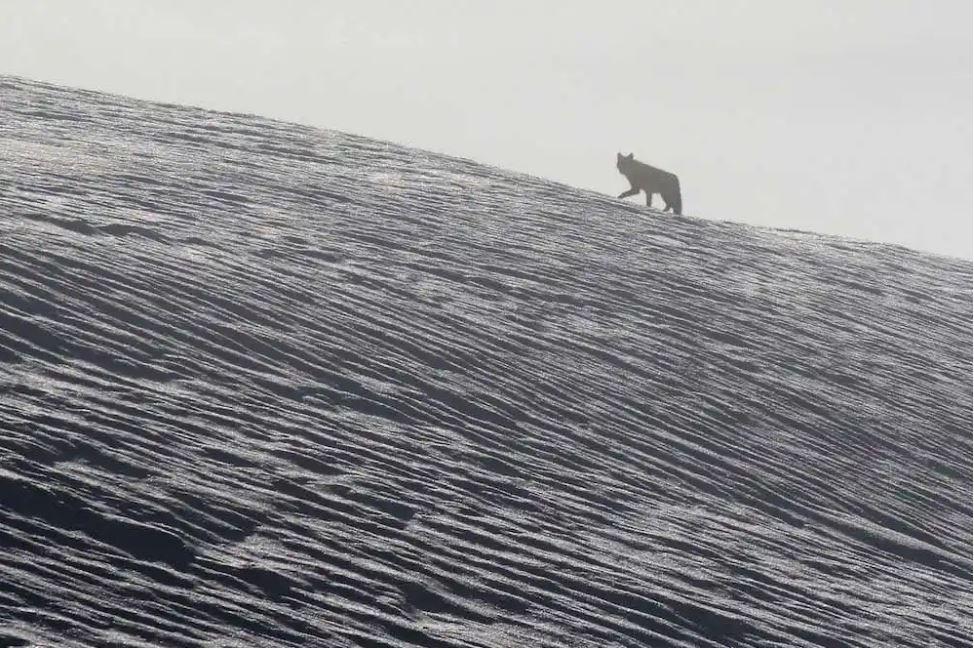
One of Colorado’s newly reintroduced wolves died while five others are being held in an undisclosed location as the state took steps to relocate what was known as the “Copper Creek pack” after the animals preyed on livestock in and around Grand County.
Colorado Parks and Wildlife announced Monday that the wolves were captured over several days, starting on Aug. 24 with a female. An adult male thought to be largely responsible for the livestock predation was then caught on Aug. 30 but was found with several injuries. That wolf, which was also underweight, died on Sept. 3, agency officials said.
Wildlife officials then captured four wolf pups born this year, concluding the capture effort on Sept. 5. Since then, state wildlife officers have looked for any additional pups associated with the pack, but are confident they now have them all, the agency said.
“Our legal obligation to Colorado voters is to continue working towards a sustainable population,” Colorado Parks and Wildlife Director Jeff Davis wrote in an agency press release. “We also must continue our efforts to minimize losses to our producers and to ensure the health, safety, and well-being of the wolves as we work towards a viable gray wolf population.”
Colorado voters required the reintroduction of the species by voting for a 2020 ballot measure. The state was able to get wolves from Oregon and brought them to the state just before the deadline voters set at the end of last year.
The birth of pups this year brought hope to supporters of the reintroduction program, and Monday’s news was greeted with dismay by some of the groups supporting the wolf plan.
"We are devastated by the news of the dead father wolf and must be sure that in the future, Colorado’s wolves are not set up for conflict and therefore removal,” Delaney Rudy, Colorado Director of Western Watersheds Project, said in a statement from WildEarth Guardians, an environmental group. “Tools for nonlethal coexistence have been provided cost-free to ranchers along the way, and wolves should not have to pay the price for producers’ refusal to implement them.”
Colorado Parks and Wildlife now plans to hold the remaining wolves until the pups are strong enough to hunt on their own, while the agency begins to identify possible relocation areas, and engages with those communities. Under the rules of the reintroduction program, the wolf with a depradation history would not have been eligible for release in Colorado had it survived.
The state is also seeking a partner from another state or tribal nation to provide additional wolves for reintroduction here.









